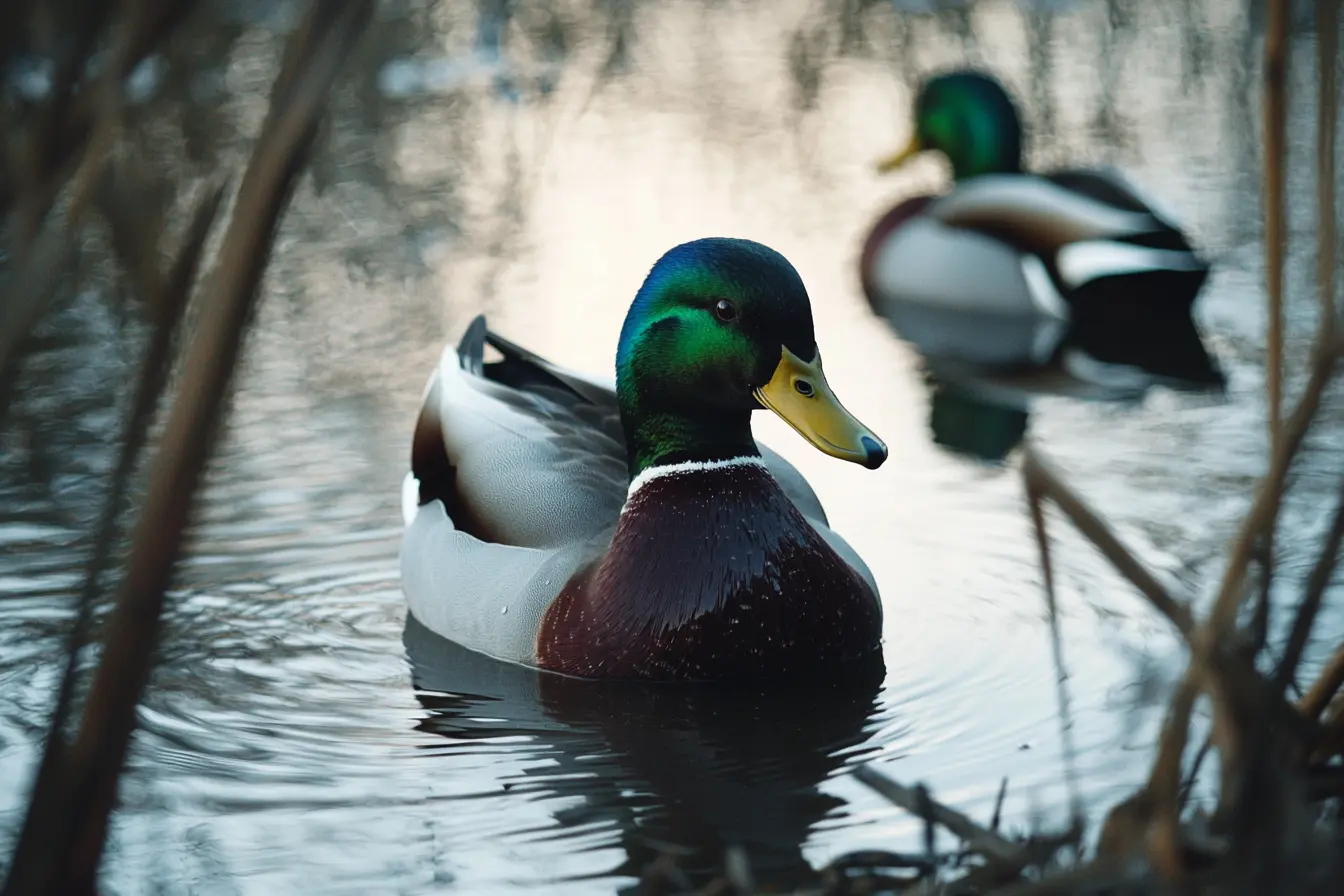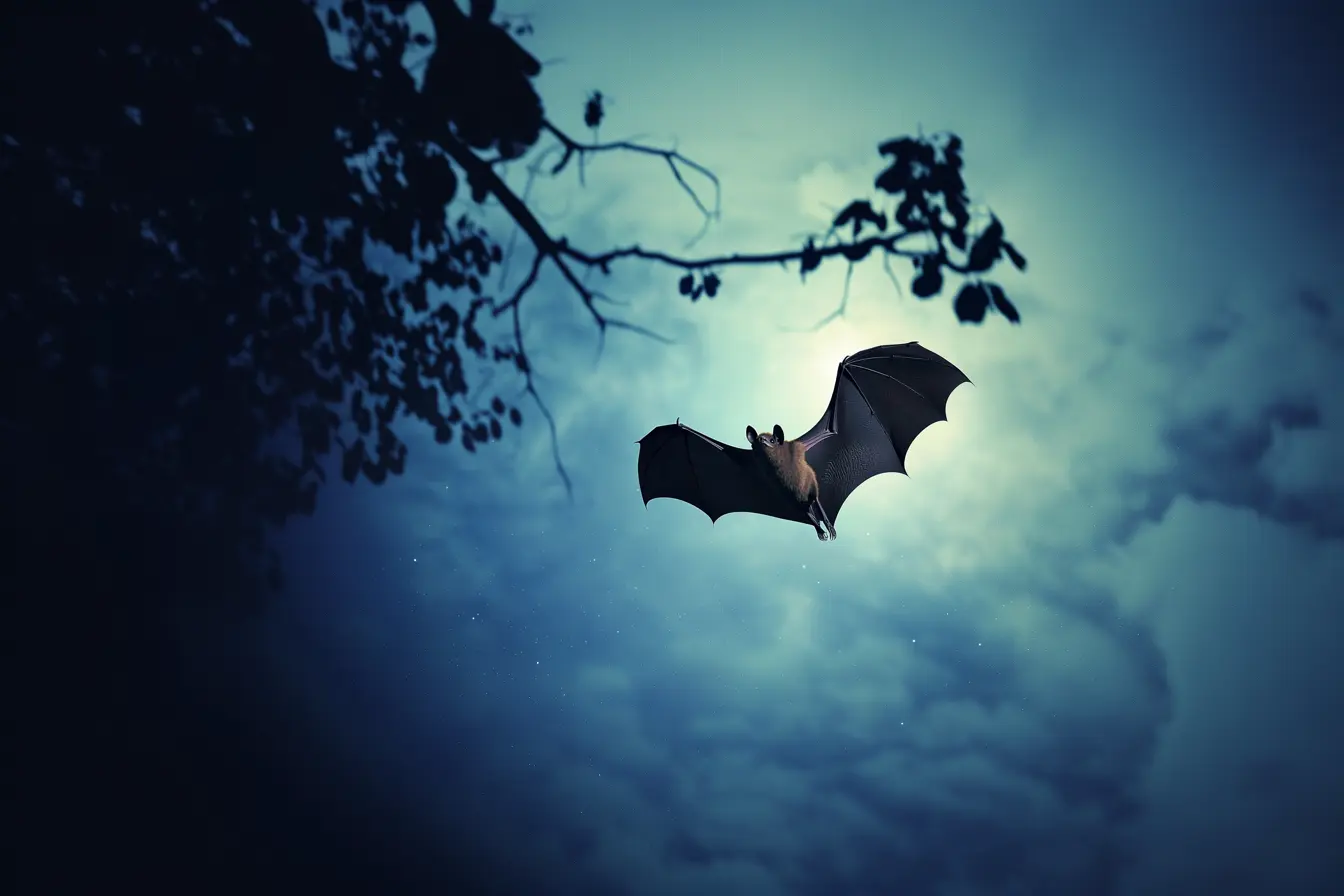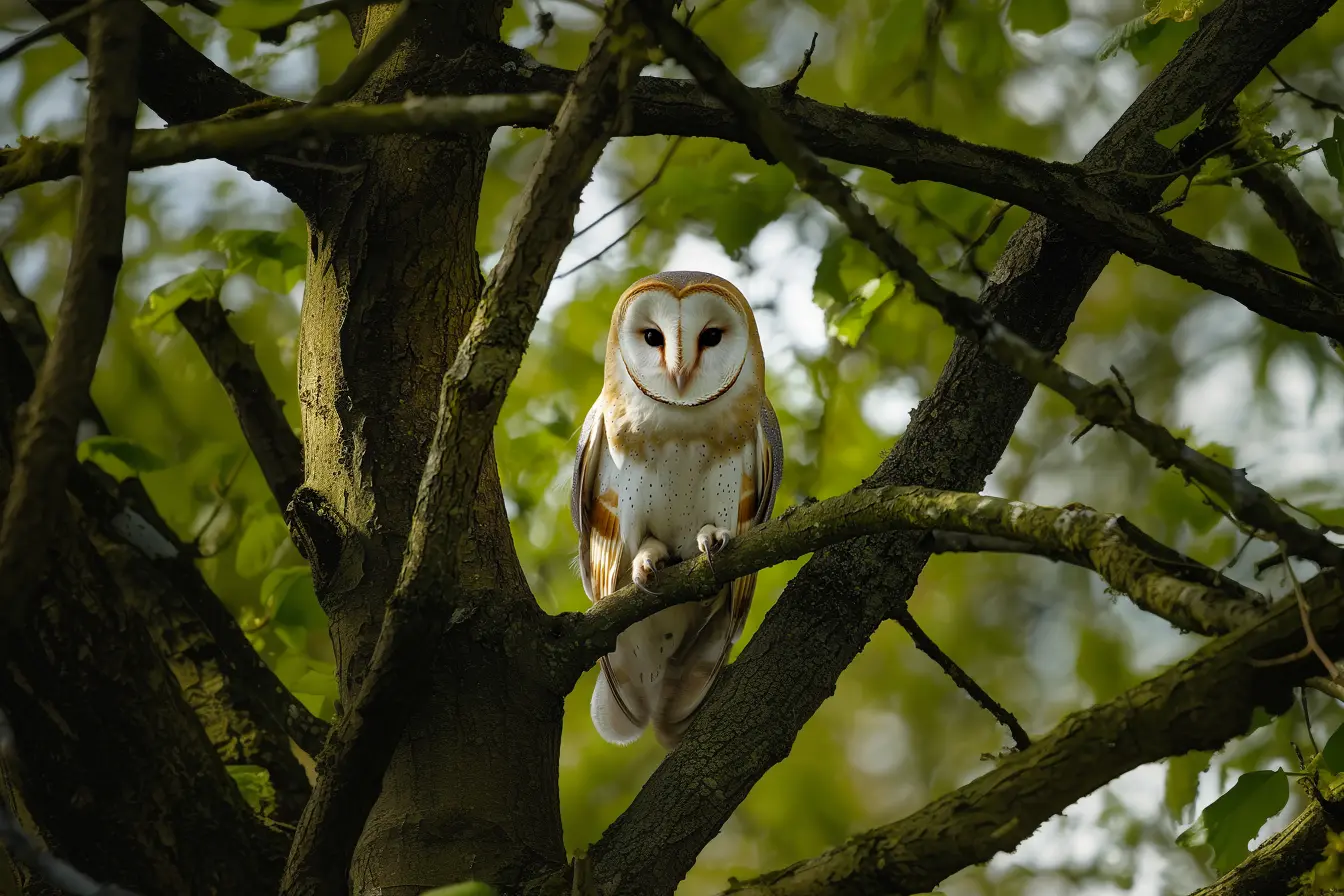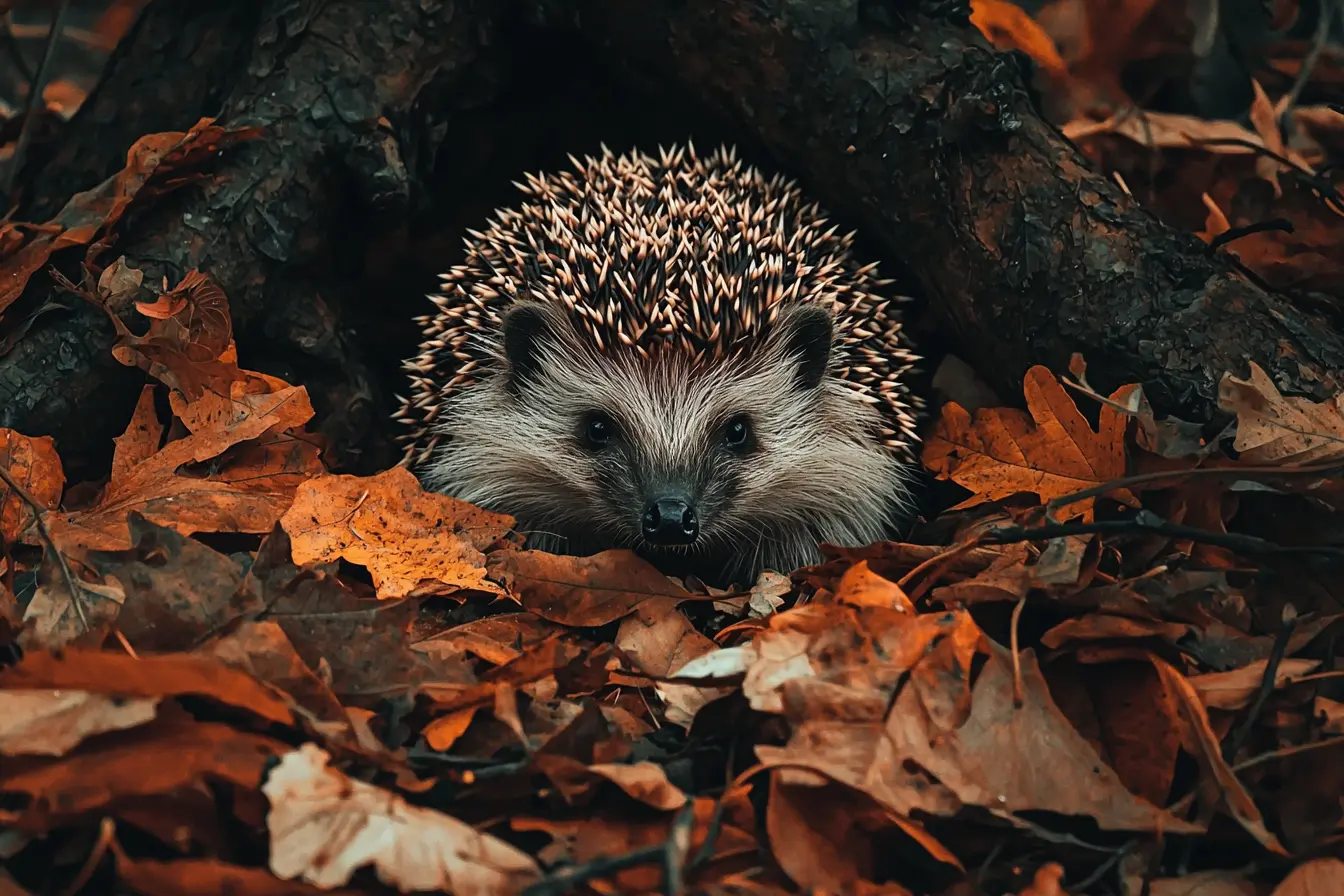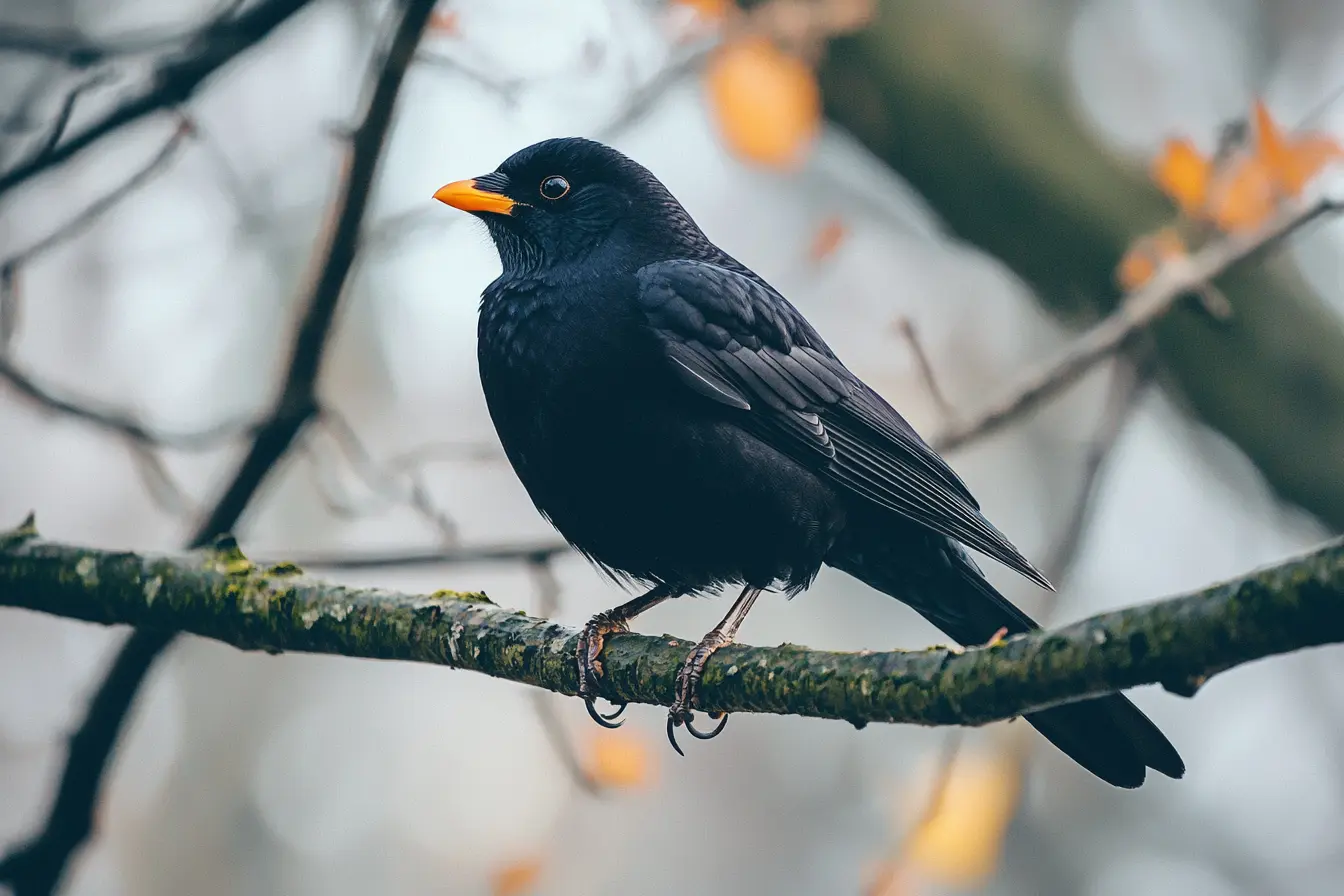
Feeding Garden Birds in the UK
Feeding garden birds is one of the most rewarding ways to connect with wildlife, especially here in the UK where a wide variety of bird species visit our gardens throughout the year. By offering the right foods, you can support birds' health, especially during harsh winters, breeding seasons, and food-scarce periods.
In this comprehensive guide, you'll learn what to feed garden birds, what to avoid, and how to feed them responsibly to create a thriving haven for feathered friends.
Why Feeding Garden Birds Matters
While many birds are adept foragers, their natural food sources can become scarce, particularly during:
- Winter: Insects are limited, and frozen ground makes it hard to find seeds and worms.
- Spring and Summer: Breeding birds need extra energy, especially when feeding their young.
- Urban Areas: Habitat loss reduces natural foraging opportunities.
Providing food can help birds survive these tough times, support local biodiversity, and offer you the joy of birdwatching from your own window.
What to Feed Garden Birds
Different bird species have different dietary preferences. A varied menu ensures you attract a wide range of birds.
Seeds and Grains
- Black Sunflower Seeds: High in fat and loved by finches, tits, and sparrows. Use hulled seeds to reduce mess.
- Sunflower Hearts: Easier to eat and less wasteful, great for smaller birds.
- Nyjer Seeds: Tiny seeds rich in oil, perfect for goldfinches, siskins, and redpolls. Use a special nyjer feeder.
- Mixed Bird Seed: Choose high-quality mixes without cheap fillers like wheat, which attract pigeons and rats.
- Millet: Preferred by sparrows and dunnocks.
Nuts
- Peanuts: High in protein and fat, ideal for tits, woodpeckers, and nuthatches. Always offer unsalted, aflatoxin-free peanuts. Use mesh feeders to prevent choking, especially for fledglings.
Suet and Fat Products
- Suet Balls/Fat Balls: Energy-rich and loved by many species, especially in winter. Avoid products containing palm oil. Remove any plastic netting to prevent entanglement.
- Suet Pellets and Cakes: A less messy alternative to fat balls, often enriched with insects, berries, or mealworms.
Mealworms
- Dried or Live Mealworms: Excellent protein source, particularly during the breeding season. Soak dried mealworms in water to rehydrate, making them easier for young birds to digest.
Fruit
- Chopped Apples, Pears, and Grapes: Attract thrushes, blackbirds, and starlings.
- Berries: Fresh or dried (like raisins or currants), soaked in water to plump them up.
Kitchen Scraps (In Moderation)
- Cooked Rice (unsalted): A good source of energy.
- Grated Cheese: Mild, unsalted cheese can attract robins and wrens.
- Boiled Potatoes: Plain, without added fats or seasoning.
Foods to AVOID Feeding Garden Birds
Some common household foods can be harmful to birds:
- Bread: Offers little nutritional value and can lead to malnutrition, especially in young birds.
- Salted or Flavoured Foods: Birds can’t process salt well; even small amounts are harmful.
- Milk: Birds can’t digest dairy, which can cause digestive issues.
- Mouldy or Rotten Food: Can harbour harmful bacteria or toxins.
- Avocado, Onions, and Chocolate: Toxic to birds.
How to Feed Garden Birds Responsibly
Feeding birds is more than just putting food out—it’s about creating a safe, healthy environment.
Use the Right Feeders
- Seed Feeders: Ideal for sunflower seeds, mixed seeds, and nyjer seeds.
- Mesh Feeders: Best for peanuts (but avoid during breeding season to prevent choking risks).
- Ground Feeders: Suitable for larger birds like blackbirds and robins.
- Table Feeders: Versatile but can attract pests if not kept clean.
Keep Feeders Clean
Regularly clean feeders with a mild disinfectant to prevent the spread of diseases like trichomonosis and salmonella. Rinse thoroughly and let them dry before refilling.
Provide Fresh Water
Birds need clean water for drinking and bathing. Replace the water daily, and scrub birdbaths regularly to prevent algae and disease.
Feed Consistently
Birds can become reliant on regular food sources, especially in winter. If you start feeding, try to continue through harsh weather conditions.
Create a Bird-Friendly Garden
- Plant Native Shrubs and Trees: Provide natural food sources like berries and seeds.
- Leave Wild Patches: Allow some areas to grow wild to attract insects.
- Install Nest Boxes: Offer safe places for birds to breed.
Common Garden Birds You Might Attract
Depending on your location and food choices, you could see a variety of UK garden birds, such as:
- Blue Tits and Great Tits: Love peanuts and suet.
- Robins: Favour mealworms and soft fruits.
- House Sparrows: Enjoy mixed seeds and grains.
- Goldfinches: Attracted to nyjer seeds.
- Blackbirds and Thrushes: Prefer fruits and mealworms.
Final Thoughts
Feeding garden birds is a simple yet powerful way to support wildlife and enjoy the beauty of nature up close. By offering a varied, nutritious diet and maintaining a clean, safe environment, you’ll help birds thrive throughout the year.
So, grab some bird feed, set up a feeder, and enjoy the delightful presence of your feathered visitors!
Vets near you
Speciality vets
- Aquatics vet specialists
- Birds vet specialists
- Camelids vet specialists
- Cats vet specialists
- Cattle vet specialists
- Deer vet specialists
- Dogs vet specialists
- Equines vet specialists
- Exotic vet specialists
- Goats vet specialists
- Pigs vet specialists
- Poultry vet specialists
- Sheep vet specialists
- Small Mammals vet specialists
- Wild vet specialists
Vet facilities
- Accessible by public transport
- Blood testing
- Car park nearby
- Client car park
- Dentistry
- Diagnostic imaging
- Disabled public access
- Flea and worm treatments
- Microchipping
- Mobile services
- Neutering
- Open at weekends
- Out-of-hours service
- Referral interests
- Referrals only
- Street parking outside
- Toilets available
- Vaccinations
